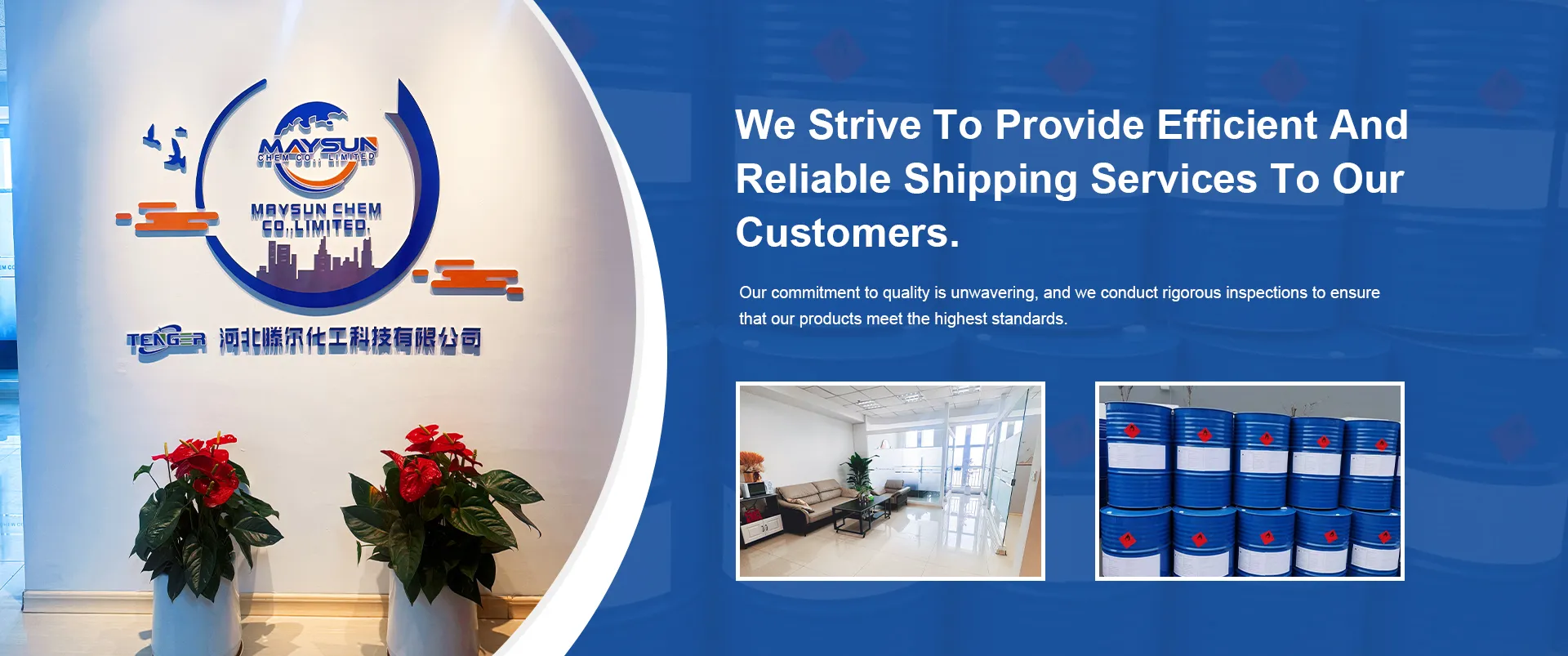
Optimizing Production Processes in Modern Fertilizer Manufacturing Facilities for Sustainable Agriculture
The Role of Fertilizer Plants in Modern Agriculture
Fertilizer plants play a crucial role in the agricultural sector, providing the essential nutrients that crops need to thrive and meet the growing demands of the global population. As the world faces challenges such as climate change, soil degradation, and food security, the importance of efficient fertilizer production and usage cannot be overstated.
Fertilizers are typically categorized into two main types organic and inorganic. Organic fertilizers are derived from natural sources, such as compost, manure, and plant residues, while inorganic fertilizers are synthetically produced and contain chemical compounds that supply specific nutrients. Both types are vital for enhancing soil fertility and improving crop yields.
The process of producing inorganic fertilizers typically involves the extraction of minerals from the earth, which are then processed and formulated into various chemical compounds. Key nutrients such as nitrogen, phosphorus, and potassium are the primary components in these products. Nitrogen fertilizers, for example, are essential for promoting leafy growth, while phosphorus supports root development and flowering, and potassium aids in water regulation and overall plant health.
fertilizer plant

Modern fertilizer plants utilize advanced technologies to ensure efficient production while minimizing environmental impact
. Continuous efforts are being made to improve the sustainability of fertilizer manufacturing. This includes reducing greenhouse gas emissions, recycling waste materials, and developing slow-release fertilizers, which provide nutrients over extended periods, thus reducing the need for frequent applications.Furthermore, fertilizer plants are increasingly focusing on research and innovation to produce fertilizers that are customized for specific crops and soil types. Precision agriculture, which relies on data-driven approaches to optimize agricultural practices, is gaining traction. By integrating GPS technology and soil sensors, farmers can apply the right amount of fertilizer at the right time, enhancing crop productivity while minimizing wastage.
However, the use of fertilizers is not without challenges. Over-reliance on chemical fertilizers can lead to soil health degradation, water pollution through runoff, and increased vulnerability to pest and disease outbreaks. Therefore, integrating best practices in fertilizer application, such as crop rotation, cover cropping, and soil testing, is essential to promote sustainable agriculture.
In conclusion, fertilizer plants are integral to the success of modern agriculture. They contribute significantly to food production and security by providing vital nutrients necessary for plant growth. By embracing sustainable practices and innovations, the fertilizer industry can continue to support farmers worldwide while safeguarding the environment for future generations. As we navigate the complexities of modern agriculture, the collaboration between fertilizer producers, farmers, and researchers will play a pivotal role in ensuring a productive and sustainable agricultural landscape.
-
Pure Sodium Dichloroisocyanurate Dihydrate | Powerful DisinfectantNewsAug.29,2025
-
Industrial Chemicals: Quality & Purity for Every IndustryNewsAug.28,2025
-
Nitrile Rubber Honoring Strict Production StandardsNewsAug.22,2025
-
Aspartame Ingredients Honoring Food Safety ValuesNewsAug.22,2025
-
Fertilizer for Balanced Plant NutritionNewsAug.22,2025
-
Cyanide Gold Processing with High Purity AdditivesNewsAug.22,2025
-
Formic Acid in Textile Dyeing ApplicationsNewsAug.22,2025
Hebei Tenger Chemical Technology Co., Ltd. focuses on the chemical industry and is committed to the export service of chemical raw materials.
-

view more DiethanolisopropanolamineIn the ever-growing field of chemical solutions, diethanolisopropanolamine (DEIPA) stands out as a versatile and important compound. Due to its unique chemical structure and properties, DEIPA is of interest to various industries including construction, personal care, and agriculture. -

view more TriisopropanolamineTriisopropanolamine (TIPA) alkanol amine substance, is a kind of alcohol amine compound with amino and alcohol hydroxyl, and because of its molecules contains both amino and hydroxyl. -

view more Tetramethyl Thiuram DisulfideTetramethyl thiuram disulfide, also known as TMTD, is a white to light-yellow powder with a distinct sulfur-like odor. It is soluble in organic solvents such as benzene, acetone, and ethyl acetate, making it highly versatile for use in different formulations. TMTD is known for its excellent vulcanization acceleration properties, which makes it a key ingredient in the production of rubber products. Additionally, it acts as an effective fungicide and bactericide, making it valuable in agricultural applications. Its high purity and stability ensure consistent performance, making it a preferred choice for manufacturers across various industries.





